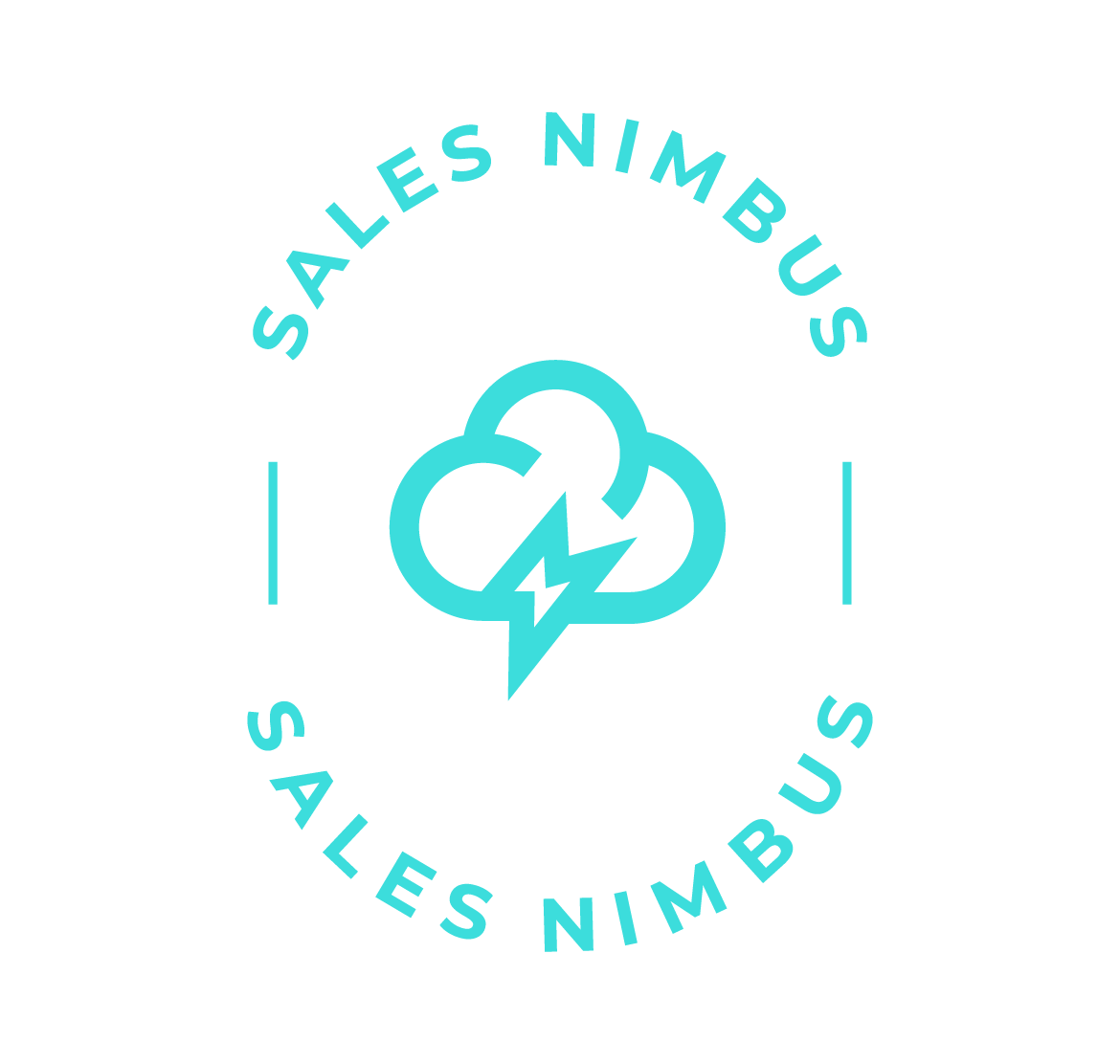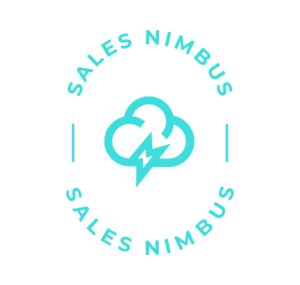The Old Architect and the Sea of CRM: Sailing through the Winds of Change
As the sun rises, casting its golden light on the ever-changing landscape of customer relationship management (CRM) and email marketing, we find ourselves navigating through the waves of innovation. We, the architects of CRM solutions, are much like fishermen of the digital realm—steadfast, skilled, and persistent in our pursuit of bountiful catches.
The CRM solution architect—an indispensable figure in the realm of marketing—crafts the vessel that sails the tempestuous seas of business. This digital craftsman shapes and molds the technology that undergirds customer relationships and communication. The modern CRM solution architect must be as adaptable as the sea itself, embracing the winds of change and harnessing their power to drive the industry forward.
In the vast ocean of digital marketing, email marketing remains a stalwart presence. Despite the emergence of social media and instant messaging, email marketing continues to be a formidable force, one that must be mastered by the skilled architect. It is the backbone of our fleet, holding strong against the stormy onslaught of new technologies.
And so, the CRM solution architect must be a cunning strategist, fully aware of the latest industry trends that influence email marketing. Let us examine some of these currents in the digital sea that are shaping the future of our craft.
- Personalization: The era of mass email blasts, much like the age of the wooden ship, has sailed into the sunset. Now, the modern marketer must focus on personalization, crafting tailored messages that speak to the individual customer. CRM solutions must be designed to gather and analyze customer data, enabling businesses to create targeted campaigns that resonate with their audience.
- Automation: As we navigate the sea of digital marketing, we find ourselves charting a course towards automation. The CRM solution architect must embrace this trend, building systems that can streamline the email marketing process. By automating repetitive tasks, we free up time and resources for the marketer, allowing them to focus on crafting the perfect message.
- Integration: In the vast expanse of digital marketing, no solution stands alone. The CRM solution architect must understand this and ensure seamless integration with other essential tools and systems, such as marketing automation platforms, social media channels, and analytics software. The future of our craft lies in the harmonious union of these various elements.
- Privacy and Compliance: The digital sea is no longer a lawless frontier. Regulations such as GDPR and the California Consumer Privacy Act have raised the stakes for businesses, making privacy and compliance more critical than ever before. The CRM solution architect must build systems that respect and protect customer data, ensuring adherence to the ever-evolving regulations that govern our industry.
- Artificial Intelligence: As we sail further into the future, we find ourselves in the company of a new crew member: artificial intelligence. AI is poised to reshape the way CRM solutions are designed and utilized, allowing for even greater personalization and efficiency. The CRM solution architect must learn to harness this powerful technology, integrating it into their designs to create smarter, more effective marketing solutions.
We, the CRM solution architects, must face these industry trends head-on, adjusting our sails to the shifting winds of change. For it is only by embracing and adapting to these currents that we can continue to thrive in the ever-evolving sea of digital marketing. And as the sun sets on another day, we forge onward, steadfast in our pursuit of excellence in CRM and email marketing, guided by the stars of innovation and progress.
Mastering CRM Solution Architecture and Email Marketing: Best Practices for Success
Discover the latest strategies and insights to help your business navigate the complex world of CRM solution architecture and email marketing.
Introduction:
In today’s hyper-competitive market, businesses must adapt quickly to changing consumer behavior and expectations. One of the most critical aspects of modern business success lies in effectively managing customer relationships through CRM (Customer Relationship Management) systems and utilizing email marketing to engage and retain customers. This article will explore the best practices in CRM solution architecture and email marketing to help businesses maximize their customer engagement and drive growth.
- CRM Solution Architect: Laying the Foundation for Success
- Understanding business requirements: Work closely with stakeholders to identify the organization’s specific needs and objectives. This understanding will guide the design and implementation of the CRM system.
- Choosing the right CRM platform: Research and evaluate different CRM platforms based on the organization’s needs, budget, and scalability requirements. Popular options include Salesforce, Microsoft Dynamics 365, HubSpot, and Zoho CRM.
- Integration with existing systems: Ensure seamless integration of the CRM system with existing tools and software, such as marketing automation platforms, analytics tools, and enterprise resource planning (ERP) systems.
- Data management: Establish a data management strategy that addresses data migration, data quality, and data security. This will help maintain the integrity and accuracy of customer information within the CRM system.
- Customization and scalability: Design a CRM solution that can be customized to meet the organization’s unique needs and can scale with business growth.
- Training and support: Provide thorough training and ongoing support to users, ensuring that they can effectively leverage the CRM system to achieve business goals.
- Email Marketing: Maximizing Customer Engagement
- Segmentation and personalization: Segment your email list based on factors such as demographics, purchase history, and engagement. Use this information to send targeted, personalized content that resonates with each subscriber.
- Mobile optimization: Design responsive email templates that render well on various devices, including smartphones and tablets, to ensure a positive user experience.
- Engaging subject lines: Craft compelling subject lines that encourage recipients to open your emails. A/B test different subject lines to determine which perform best.
- Valuable content: Offer your subscribers valuable, relevant, and informative content that addresses their needs and interests. Focus on providing solutions to their problems rather than pushing sales.
- Consistent branding: Maintain a consistent brand identity across all email marketing materials, including logo, color scheme, and tone of voice.
- Email automation: Leverage marketing automation tools to send triggered emails based on user behavior, such as abandoned cart reminders, welcome emails, and post-purchase follow-ups.
- Analyze and optimize: Monitor email marketing performance using key metrics, such as open rates, click-through rates, and conversion rates. Use this data to continually optimize your campaigns and improve results.
Conclusion:
As the digital landscape continues to evolve, businesses must adapt to stay ahead of the competition. By implementing best practices in CRM solution architecture and email marketing, organizations can effectively manage customer relationships, drive engagement, and ultimately achieve greater success. By following the strategies outlined in this article, businesses can create a strong foundation for growth and long-term customer loyalty.
Revolutionizing Sales and Marketing: AI as a CRM Solution Architect and Email Marketer
Introduction
The rapid evolution of artificial intelligence (AI) is transforming industries worldwide, and sales and marketing are no exception. One area where AI is making a significant impact is customer relationship management (CRM) systems and email marketing strategies. By streamlining these essential components, businesses can enhance their customer engagement, foster loyalty, and ultimately drive sales. In this article, we’ll delve into how AI can be leveraged as a CRM solution architect and email marketer, and explore the advantages it offers over traditional methods.
AI-Powered CRM Solutions
Customer relationship management (CRM) systems have long been the cornerstone of sales and marketing strategies. These systems are responsible for managing customer data, tracking interactions, and supporting marketing automation. AI is now taking CRM solutions to new heights by:
- Enhancing data analysis: AI-powered CRM systems can process massive amounts of customer data in real-time, identifying patterns and trends that may be missed by traditional data analysis methods. These insights can help businesses better understand their customers, develop more targeted marketing campaigns, and make informed decisions to improve sales.
- Personalizing customer interactions: AI can analyze customer behavior and preferences to create highly personalized interactions across various touchpoints. This personalization can lead to increased customer satisfaction, engagement, and brand loyalty.
- Automating routine tasks: AI can handle repetitive tasks, such as data entry or sorting through customer inquiries, freeing up sales and marketing teams to focus on higher-value activities.
- Improving lead scoring and prioritization: AI algorithms can analyze leads and assign scores based on their likelihood to convert, helping sales teams prioritize their efforts and improve overall efficiency.
AI-Driven Email Marketing
Email marketing remains an essential tool for businesses to communicate with their customers and prospects. By incorporating AI, email marketing campaigns can become more effective and efficient. Some key benefits include:
- Personalized content and recommendations: AI can analyze customer data to generate personalized content and product recommendations based on individual preferences and browsing history. This helps create highly relevant and engaging email campaigns that resonate with recipients.
- Optimizing subject lines and content: AI-powered tools can analyze previous email campaigns to identify the most effective subject lines and content types, leading to improved open and click-through rates.
- A/B testing: AI can facilitate A/B testing for different email elements, such as subject lines, content, and design, allowing marketers to refine their campaigns and achieve better results.
- Timing and segmentation: AI can determine the optimal time to send emails based on recipient behavior, ensuring that messages arrive when they’re most likely to be opened and engaged with. AI can also identify and segment audiences, allowing for more targeted email marketing campaigns.
Conclusion
The integration of AI into CRM systems and email marketing strategies is revolutionizing the sales and marketing landscape. By automating routine tasks, personalizing customer interactions, and offering deeper insights, AI empowers businesses to make better decisions and foster stronger relationships with their customers. As AI technology continues to evolve, businesses must stay ahead of the curve by embracing these innovations and using them to their advantage. Adopting AI-driven CRM solutions and email marketing strategies can give businesses a competitive edge and pave the way for increased success in the ever-changing world of sales and marketing.




